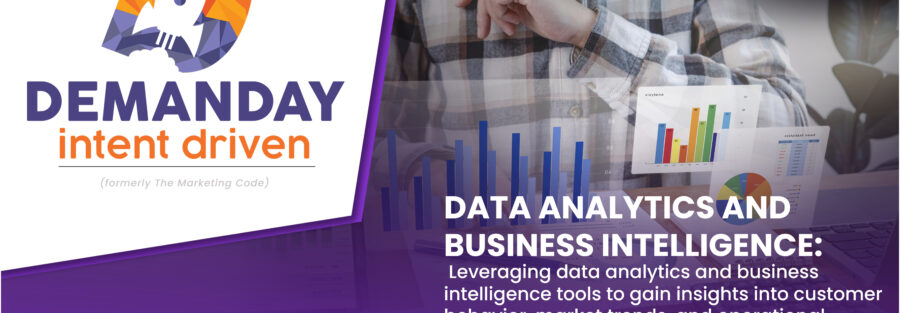B2B Ecommerce Analytics: Power Up Your Decisions
You’re spot on! Leveraging data analytics and business intelligence (BI) tools in the context of B2B ecommerce can yield significant benefits for companies. Here’s how:
- Customer Behavior Analysis: By collecting and analyzing data from customer interactions, companies can gain insights into how customers navigate their platforms, what products or services they’re interested in, and even their purchasing patterns. This information can help companies tailor their offerings to better suit customer preferences, leading to higher customer satisfaction and retention rates.
- Market Trends and Competitive Analysis: Data analytics can be used to monitor market trends and track how your competitors are performing. This information is invaluable for making informed decisions about product offerings, pricing strategies, and marketing campaigns.
- Operational Efficiency Enhancement: BI tools can provide insights into your internal processes, from inventory management to order fulfillment. By identifying bottlenecks or inefficiencies, you can streamline your operations and reduce costs.
- Personalized Marketing Campaigns: By analyzing customer data, companies can create targeted and personalized marketing campaigns. This improves the chances of converting leads into customers and upselling to existing clients.
- Demand Forecasting: Data analytics can help predict demand for products and services, allowing you to adjust your inventory levels and production accordingly. This reduces the risk of overstocking or stockouts.
- Real-time Monitoring: BI tools can offer real-time dashboards and reports that provide up-to-the-minute insights into key metrics. This enables swift decision-making and a proactive approach to problem-solving.
- Risk Management: Analyzing historical data and trends can help identify potential risks and vulnerabilities in your business. This allows you to take preemptive measures to mitigate risks.
- Cross-selling and Upselling Opportunities: By analyzing customer purchase patterns, you can identify opportunities for cross-selling related products or upselling higher-value offerings.
- Supplier Management: Data analytics can help you evaluate the performance of your suppliers in terms of timely delivery, quality, and pricing. This ensures you’re working with the most reliable partners.
- ROI Measurement: By tracking the effectiveness of your marketing campaigns and other initiatives, you can assess their return on investment (ROI) and allocate resources more effectively.
To effectively leverage data analytics and BI for B2B e-commerce, you’ll need to gather relevant data, employ appropriate tools (such as data warehouses, visualization tools, and predictive analytics platforms), and have skilled analysts who can interpret the data and turn it into actionable insights. The insights gained from these processes can lead to better decision-making, improved customer experiences, and overall business growth.



